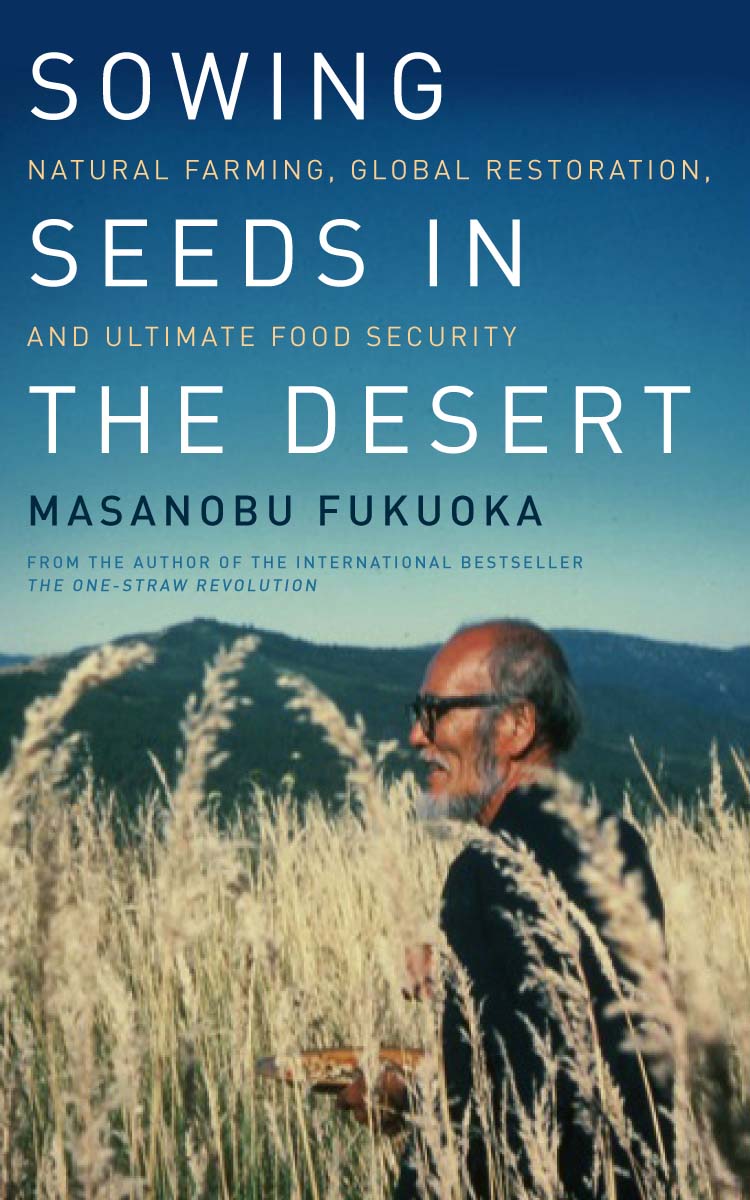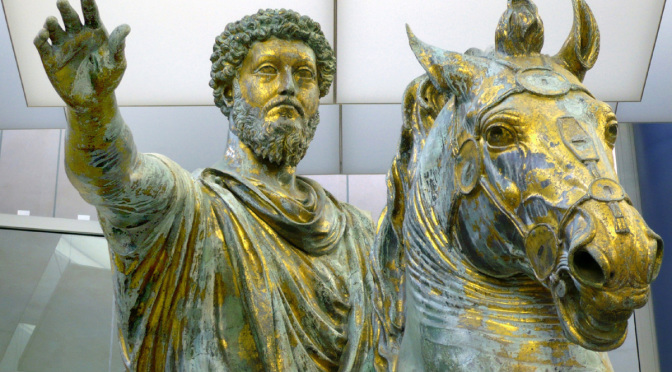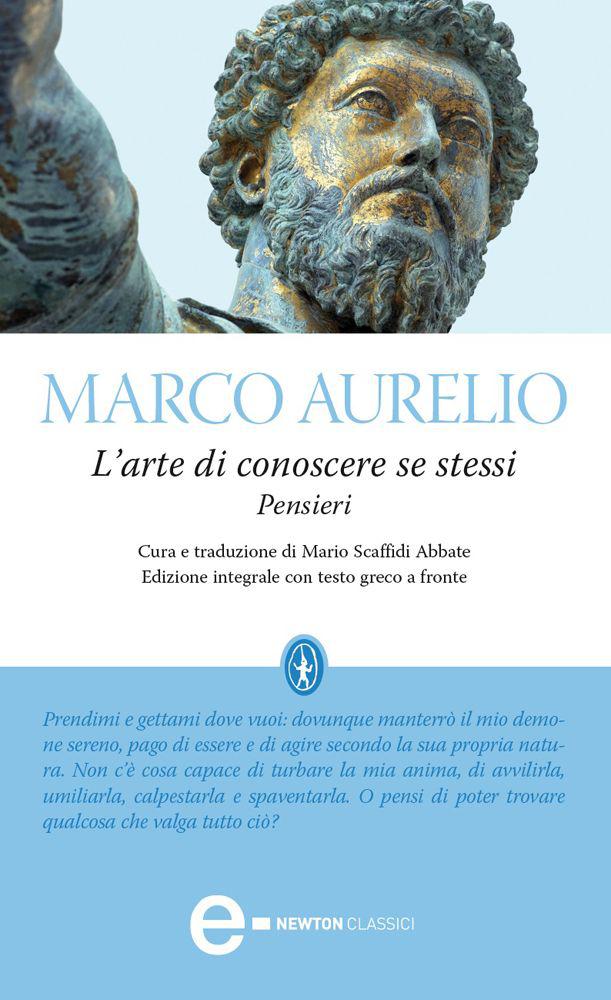Mr. Fukuoka gathered us together to discuss his philosophy. These sessions were difficult for me. Although I could speak Japanese fluently, I was more fluent in the everyday language we used around the farm. The philosophical and spiritual expressions he used during these discussions were impossible for me to understand. What made this even more frustrating was that Mr. Fukuoka told us over and over that the philosophy was everything, and the farming was merely an example of the philosophy. “If you do not understand the philosophy,” he said, “the rest becomes empty activity. Larry Korn
I simply emptied my mind and tried to absorb what I could from nature.
I spent many years of my youth foolishly searching for something I “should” have been doing. Instead, I should have entrusted everything to the flowers blooming in the meadow. Even if people do nothing at all, the grasses and trees and the songbirds will live on.
I look forward to the day when there is no need for sacred scriptures or sutras. The dragonfly will be the messiah.
No matter how much humans search for freedom from the fear of not knowing, in the end, they should just return to the reality of nature and live their lives in peace.
The ultimate goal of the Western philosophers, who are exploring the world of the individual self, and the religious people of the East, who are seeking the transcendent self, is to elucidate the original mind that mysteriously occurs as part of existence itself. It is only through nature that we can see this original mind.
Anyway, none of these ideas—life, death, spirit, the soul—escapes the framework of relative thought. They are nothing more than abstract notions built up of judgments and circular reasoning based on human thinking. People have created a world of ghosts called the hereafter. But no matter how much humans search for freedom from the fear of not knowing, in the end, they should just return to the reality of nature and live their lives in peace.
Transcendent time, or time as it exists in nature, is a continuous moment of the present. When one sees and operates within that time and space, it is the unity of all things that is perceived.
If you understand the spirit of a single flower, you understand everything. You understand that religion, philosophy, and science are one, and at the same time they are nothing at all.



